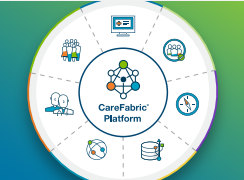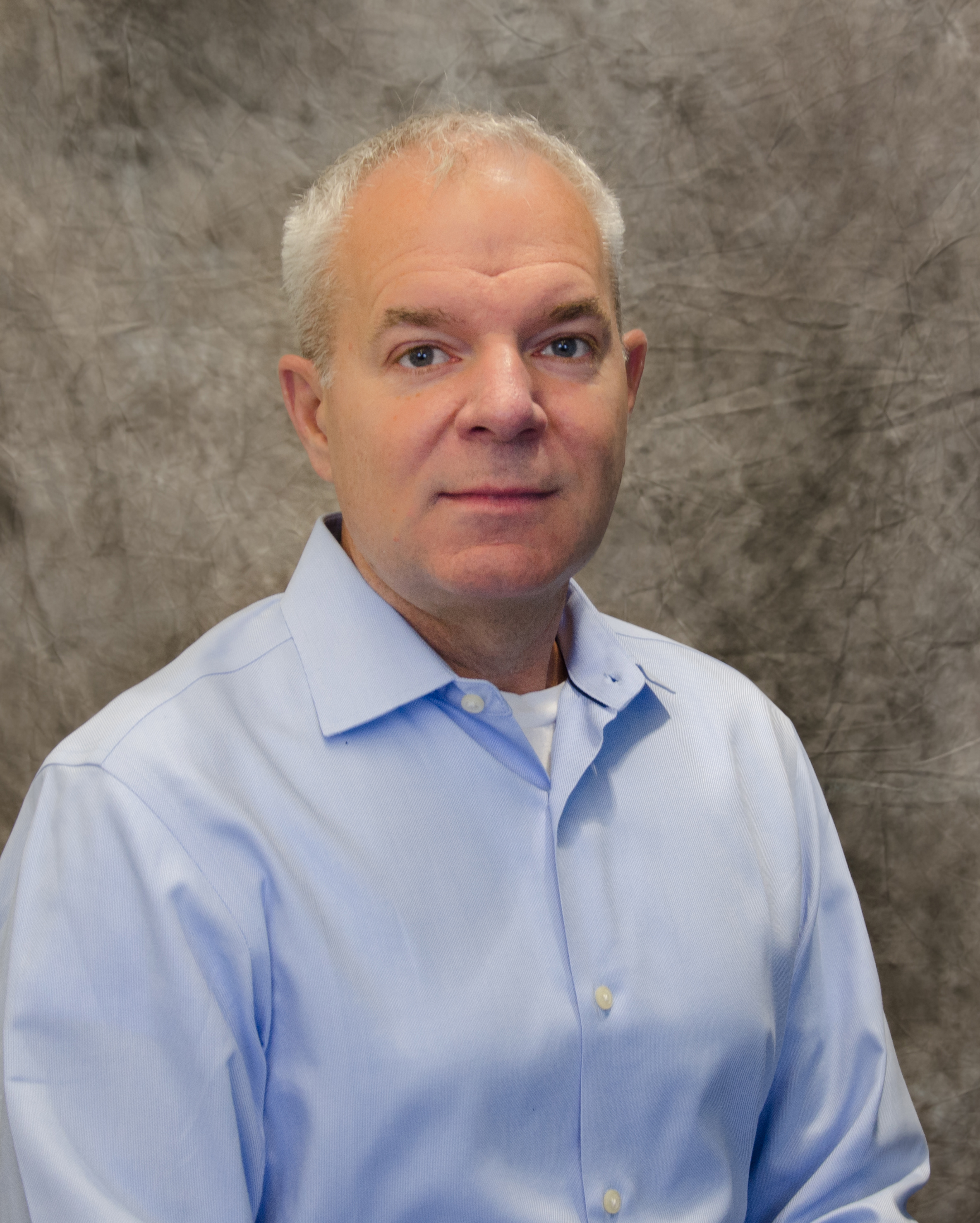“If there’s one thing we absolutely know about overdose is that it’s 100% preventable.” As Vice President of Clinical Services for Ashley Addiction Treatment, witnessing substance use and fatal overdose is an all too common occurrence for James Ryan, MA, LCPC.
A record 93,000 individuals died of overdose in 2020 – that’s 250 deaths each day, or nearly 11 deaths every hour.
“The fact that we’re losing this number of people is something we have the power to change,” Ryan said. “This is not like COVID-19 where we just have to react without prevention. We have the power to change these stats.”
What better time to talk about this challenge, opportunity and call for change than Overdose Awareness Day. As the world’s largest campaign to end overdose, August 31 serves as a day for those to remember -without stigma - individuals who have lost their lives, as well as acknowledge the grief of the family and friends left behind.
Overdose Awareness Day is also about action, and shining a light to the resources, support and services agencies across the county such as Ashley Addiction Treatment provide every day.
For nearly 40 years, the Maryland-based agency has provided holistic, innovative substance use and addiction treatment services to more than 45,000 individuals and their families. Founded by Father Joseph C, Martin and Mae Ashley Abraham in 1983, Ashley Treatment Center serves as a community of healing and recovery through accessible treatment open to all individuals in their community.
“We treat with the philosophy that ‘love is the proper therapy for the human soul’.” Ryan said. “Ashley Treatment welcomes all individuals, and we believe connection is the key to recovery.”
This approach to care was born out of the 28 day Minnesota Model – an abstinence-driven approach. However, current Ashley treatment has evolved into a multiple pathway program, offering a variety of treatment and medication options including buprenorphine and injectable subclades.
Ashley services and programs vary depending on individual need and circumstance. The organization offers both outpatient and inpatient services to nearly 500 individuals in a given month. Programs also include a men’s and a women’s extended care program as well as two intensive outpatient programs, which are SAMSHA-recognized opioid treatment programs (OTPs). Ashley Treatment also provides family services that are built with the express intention of supporting patient’s loved ones.
So, what exactly is an overdose?
Before diving in, it’s important to understand what overdose means. By definition, an overdose happens when a toxic amount of drug or combination of drugs overwhelms the body.
When most of us think of an overdose, one thing typically comes to mind: opioids. While prescription drugs play a major role, overdose can and does occur through the use of alcohol or other substances too.
“These deadly cocktails mixed with other things can lead to respiratory failure,” Ryan said. “It’ll prevent oxygen getting to your vital organs, so your body starts to slowly shut down.”
How do you know if someone is at risk or currently overdosing? Jennifer Aguglia, LCSW-C, Vice President of Outpatient Services, said the signs and symptoms are clear, including:
- Blue lips or fingernails
- In and out or loss of consciousness
- Slurred speech
- Pinpoint pupils (small or constricted)
- Slow or shallow breathing
Often times those most at risk for an overdose are individuals in recovery or in detox from substance use.
“After a period of not using, the body’s tolerance goes down,” Aguglia said. “And if you use what you used to, you will be at risk for overdose.”
If not urgently seen by a medical professional, overdose can result in death. However, the proper response, education and training can save someone’s life. If you see someone experiencing symptoms of what you believe to be an overdose, call 911 immediately.
Addressing overdose in our communities
While the numbers may seem grim, overdose is fully preventable – just as Ryan said. So how do we prevent overdose on a holistic and community level? Preventative measures, policy change and societal stigmas are some of the methods.
There are numerous cases where an overdose occurs because the individual didn’t know what was in the pill or substance.
“A lot of times the product that is purchased on the street is cut with Fentanyl or other substances, which can cause fatal overdose,” Aguglia said. “One of the initiatives Ashley Treatment started in our outpatient programming is training our patients to use Fentanyl test strips, which are used to test a sample of the drugs.”
If the individual knows there is Fentanyl in that product, they are less likely to take it or may opt to take less. This preventative measure arms individuals with the resources to make an informed decision, so that if they do choose to use, they have the power to protect themselves from a fatal overdose.
Aguglia said another element of addressing the risk of fatal overdose is recognizing the need for policy change in the U.S. Initiatives such as Syringe Exchange Programs or Supervised Injection Sites taken in other countries help individuals legally consume pre-obtained drugs under the supervision of trained staff. The theory here is that drug use is going to happen, so it’s best for public safety and community cost if drug use is monitored and decriminalized in a safe, sanitary and supervised setting with accessible treatment close by.
“At the end of the day, those programs give people a professional to turn to when they are ready to seek help,” Aguglia said. “It shows them ‘We care about you; when you’re ready to seek help, we’re here.’”
While this is not currently supported in the United States, the American Medical Association reported that studies in other countries have shown that supervised injection facilities reduce the number of overdose deaths, reduce transmission rates of infectious disease and increase the number of individuals initiating treatment for substance use disorders without increasing drug trafficking or crime in the areas where the facilities are located.
One of the hurdles to major policy change is the looming stigma substance use and addiction has over society. Stigma and shame also serve as one of the biggest barriers to recovery.
“We have been socialized to think substance use is shameful,” Ryan said. “Shame is profoundly powerful in someone who is trying to find their way through recovery. Stigmatizing or judging someone’s use or the way they recover has no value if our goal is to help people live full, healthy lives.”
While substance use may be seen as corrupt by common standard, Ryan said it’s important to think outside the box on this perception. According to Ryan, altered states of consciousness are something that all humans need.
“Think about how much coffee you drink or TV you watch,” Ryan said. “We put certain people who use certain substances in a certain box and judge them harshly. Behaviorally, a lot of us do the same thing, just in a different way.”
In addition, we need to think of people experiencing substance use disorders or addiction as what they are: people. It’s important to remember these are human individuals with stories and life experiences. And if you understand someone’s story, their behavior usually makes sense.
“People in pain look to eliminate that pain – that’s what we do as a species,” Ryan said. “At Ashley Treatment, we want to empower people to realize their intrinsic value comes from the fact that they are a person, and there is nothing anyone can do to take that away from them.”
If you or someone you know is experiencing substance use disorder or addiction contact the National Helpline. Help is out there – and together we can change the stigma to make a difference.








